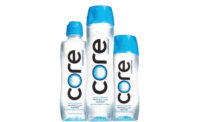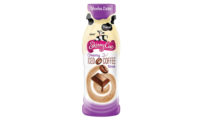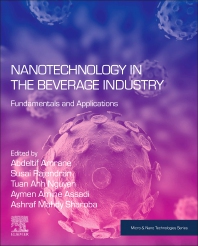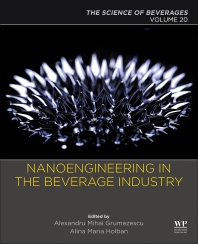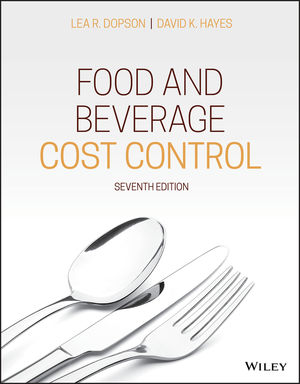Bottled water containers increase use of rPET
Use of recycled material requires two-thirds less energy than virgin materials
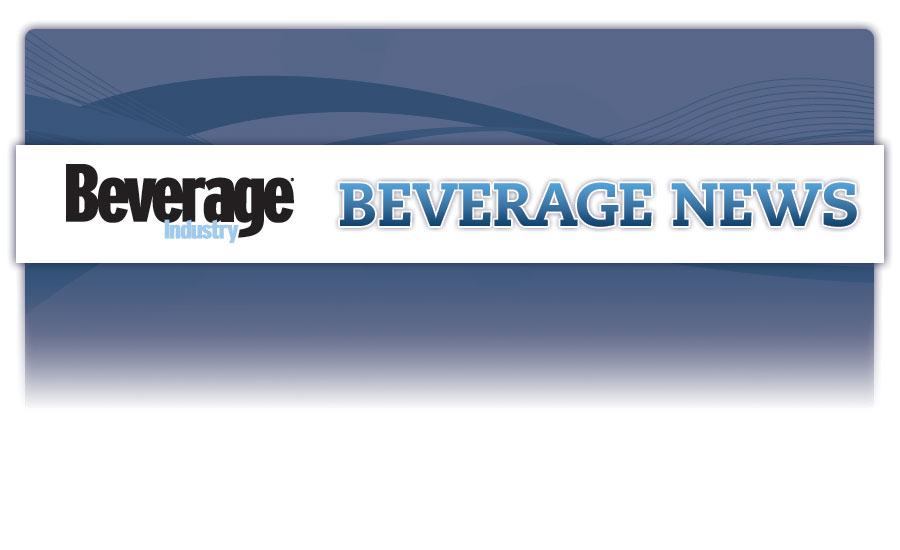
New data compiled by New York-based Beverage Marketing Corporation (BMC) shows that between 2000 and 2014, the average weight of a 16.9-ounce single-serve PET plastic bottled water bottle has declined 52 percent to 9.25 grams. This has resulted in a savings of 6.2 billion pounds of PET resin since 2000.
The National Association for PET Container Resources (NAPCOR) notes that producing new products from recycled PET (rPET) uses two-thirds less energy than what is required to make products from raw virgin materials. It also reduces greenhouse gas emissions.
Additional savings of virgin PET can be attributed to increasing use of rPET in bottled water containers. BMC reports that between 2008 and 2014, the use of rPET in bottled water packaging increased by 17.5 percent to 21 percent. In fact, last year alone, rPET use increased by 8 percent. For companies that use rPET, the average rPET content is 20 percent per container.
“While more and more consumers choose bottled water instead of less healthy packaged drinks, our industry continues its efforts to reduce our environmental footprint. In fact, PET plastic bottled water bottles use less plastic than any other packaged beverage,” said International Bottled Water Association (IBWA) Vice President of Communications Chris Hogan in a statement.
According to BMC, bottled water is poised to become the largest beverage category, by volume, in the United States by the end of the decade.
According to data from BMC and the Container Resource Institute, bottled water containers make up 4.9 percent of all drink packaging in landfills. Plastic 3- and 5-gallon bottled water containers are reused between 30-50 times before being recycled, and the bottled water industry continues to support strong community recycling programs, IBWA shared.
“From an environmental standpoint, when people choose bottled water instead of any other canned or bottled beverage, they are choosing less packaging, less energy consumption and less use of natural resources. What’s more, recycling the bottle can cut that impact by an additional 50 percent, if it is re-used to replace virgin PET plastic,” Hogan said.
To encourage a comprehensive approach to effective recycling, IBWA developed its Material Recovery Program (MRP), a collaborative joint venture between businesses and government. The MRP supports the development of new, comprehensive solutions to help manage solid waste in U.S. communities by having all consumer product companies, including bottled water, work together with state and local governments to improve recycling and waste education and collection efforts for all packaged goods.
Looking for a reprint of this article?
From high-res PDFs to custom plaques, order your copy today!



